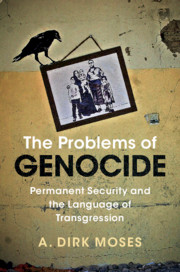In November 1945, the British colonial authorities convened a court martial of members of the Indian National Army, which had fought alongside the Japanese in the Asia-Pacific War. Three defendants were charged with ‘waging war against the King’ – the equivalent of treason, set out in Section 121 of the Indian Penal Code.
At the heart of the case was the question of allegiance. The chief defence counsel, Bhulabhai Desai, had the task of presenting a legitimate – i.e., non-treasonable – exception to the duty of allegiance to a state during a war. Drawing on Hobbesian themes, Desai insisted that a specific event – the fall of Singapore – had convinced the surrendered Indian troops of the British Army that Britain was no longer capable of protecting their interests. Further, he questioned the very premise of the ‘waging war against the King’ charge, by arguing that during a war of liberation the justice of the challenger eclipsed the security of the challenged.
Desai's approach influenced Radhabinod Pal, who would take these arguments to the International Military Tribunal for the Far East. Pal, like Desai, took as his starting point the differing interests of the powerful states and their colonies. He argued that the Allies’ motives for creating the new charge of ‘crimes against peace’ were highly suspect, considering their own history of violence towards the non-Western world. Would it not potentially immobilize the struggle against colonialism? And, pace Hobbes, could not a colonized state's duty of allegiance to the society of states be relinquished?
